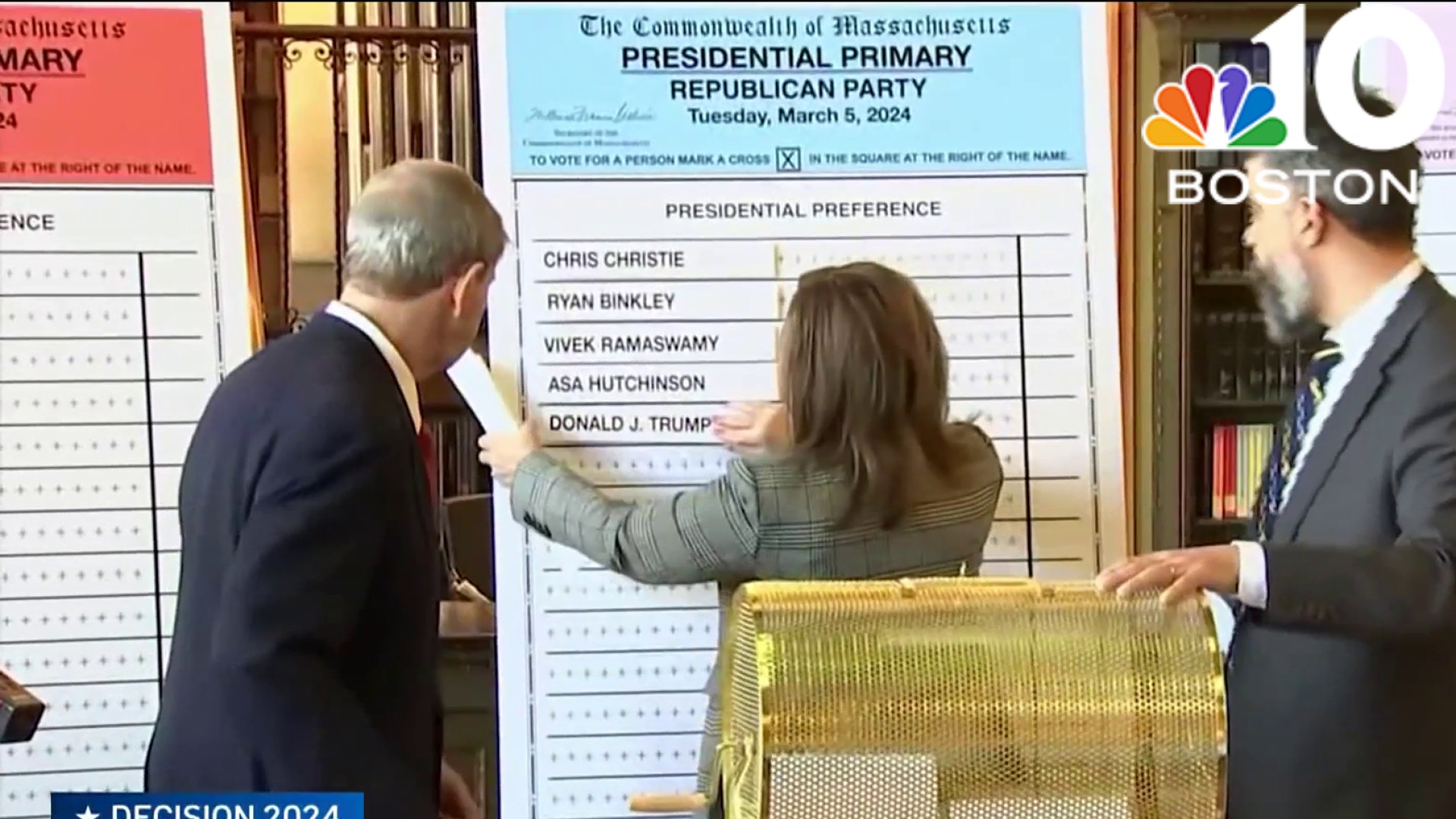Massachusetts senators unanimously passed a bill (S 2552) Thursday that would make the state the third in the country to outlaw surgeries that declaw cats.
Declawing a cat involves amputating the first bone on each toe, and tendonectomies involve cutting a tendon in each toe that controls the extension of claws. The bill still allows these procedures to be performed on cats in cases of medical necessity to address a condition that jeopardizes the animal's health, as determined by a licensed veterinarian.
Cat owners often declaw their pets so they do not need to worry about scratches or damage to household items like rugs or furniture.
However, veterinarians and the Humane Society of the U.S. have said that cats who have had their claws removed are more likely to experience paw pain, back pain, infection, tissue death or lose the ability to use their legs. They are also more likely to incur nerve damage and bone spurs as a result of claw regrowth.
Get Boston local news, weather forecasts, lifestyle and entertainment stories to your inbox. Sign up for NBC Boston’s newsletters.
"Declawing is an abhorrent practice that most veterinarians view as inhumane," Sen. Mark Montigny, the lead sponsor of the bill, said. "But it is also a procedure that is widely misunderstood and requested by owners. By passing this legislation, veterinarians will no longer have to weigh the choice knowing that if they don’t provide the procedure an owner is likely to just look for someone who will."
He continued, "As a state we have done far too little to punish heartless abusers and to push back against a weak court system that has too often failed to hold them accountable. There are too many people who have committed horrendous abuses to animals that have been unpunished and are walking free to continue to do harm."
Under the bill, veterinarians who perform a declawing without it being medically necessary may be subject to disciplinary action by their licensure board.
The civil penalty would be $1,000 on the first offense, $1,500 for a second offense and $2,500 thereafter. If passed, Massachusetts would join New York and Maryland to ban the practice statewide.
"Our animal hospital, Angell Animal Medical Center, has not performed declawing surgery for decades because it is not in the interest of the animal, often involves painful complications, and can create lifelong behavior problems," said Kara Holmquist, Director of Advocacy for the MSPCA-Angell, calling the procedure "unnecessary amputation."
Senators also unanimously passed two other bills Thursday, including one to require real estate appraisers licensed (S 2550) and remove so-called "archaic laws" from state statute (S 2551).




